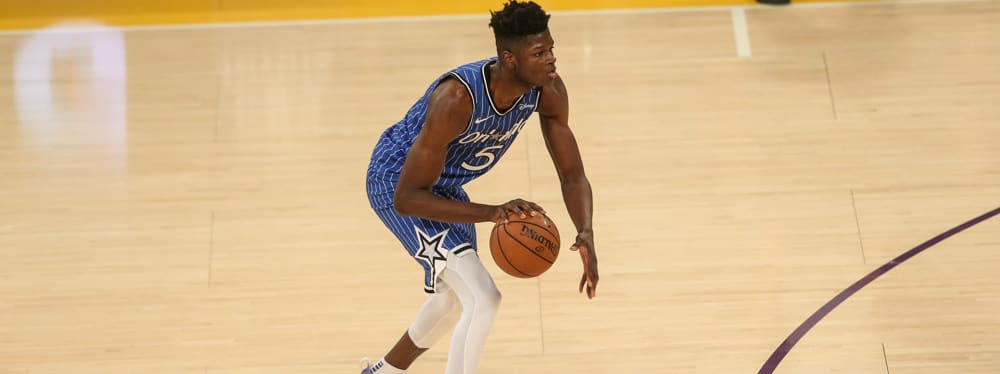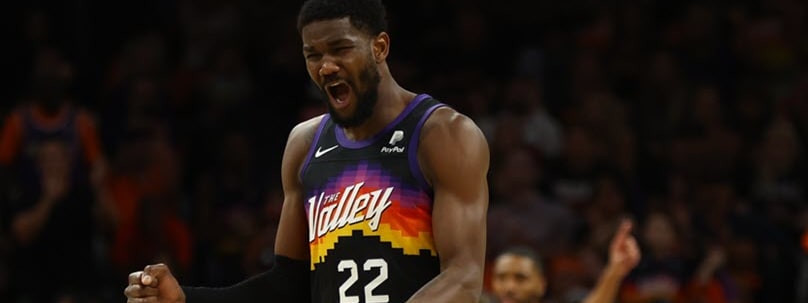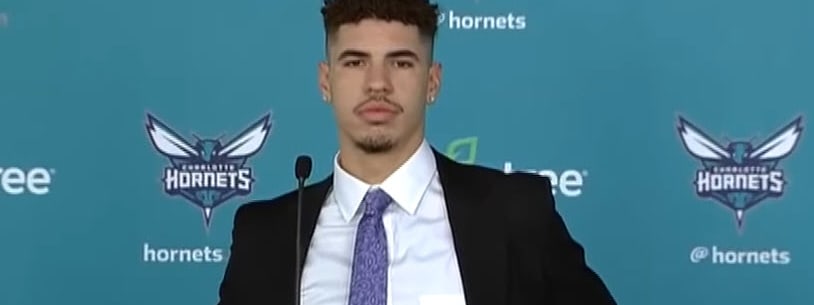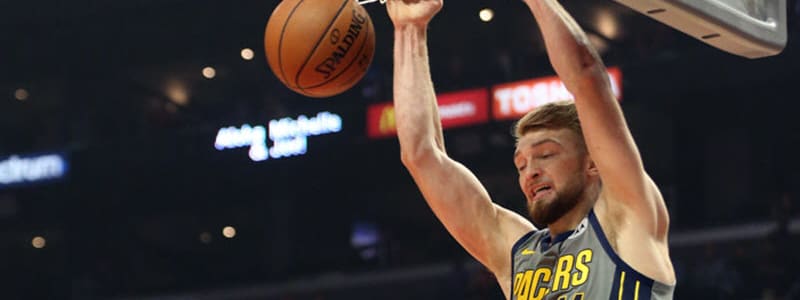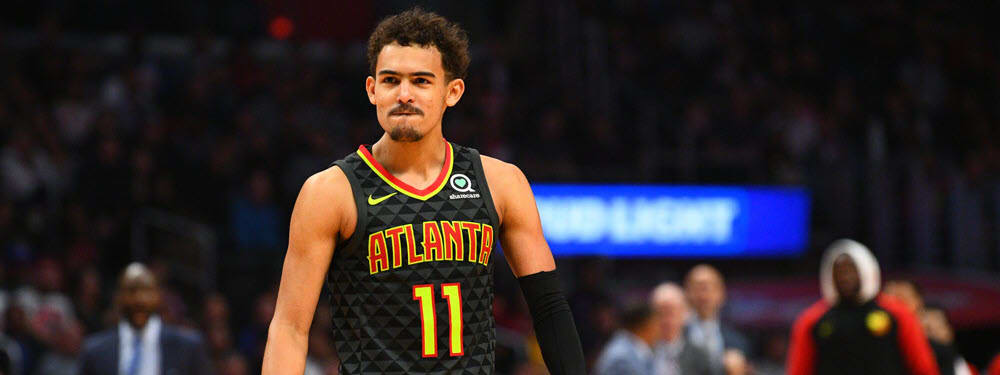Recent RotoWire Articles Featuring E'Twaun Moore
See More
Moore saw a small role with the Suns last season. He appeared in 27 games (one start) and averaged 4.9 points, 1.7 rebounds and 1.5 assists in 14.4 minutes. At 32 years old, Moore doesn't fit the rebuilding timeline of the Magic, but he'll be a solid depth option on the wing and could be flipped to a contender at the trade deadline. Even if Moore works himself into roughly 20 minutes per game, he shouldn't be fantasy-relevant.
Moore saw a significantly reduced role for the Pelicans last season, averaging 8.3 points, 2.3 rebounds, 1.4 assists and 1.1 threes in 18.2 minutes of run. The 31-year-old is moving on this season, as he recently inked a one-year, $2.3 million contract with the Suns. It appears Moore is in line to see backup shooting-guard minutes behind Devin Booker -- but given Booker's heavy workload, that wouldn't leave a ton of time for Moore. As a result, he'll likely only be relevant from a fantasy perspective in the deepest formats.
In his third year with the Pelicans, Moore recorded averages of 11.9 points (48.1 FG%, 43.2 3P%, 76.3 FT%), 2.4 rebounds, 1.9 assists, 1.4 threes, 0.8 steals and 0.2 blocks in 27.6 minutes across 53 appearances last season. Though he took a small step back in terms of statistical production and a big one back in terms of availability after playing in all 82 games in 2017-18, Moore has held down the fort as a starter for most of the last two seasons. In fact, he has started 116 of 135 games these past two years. With that being said, New Orleans re-tooled this offseason, adding guards and small forwards galore (Lonzo Ball, J.J. Redick, Brandon Ingram, Josh Hart, Nickeil Alexander-Walker) who will compete with Moore for minutes in 2019-20. Moore's ability to stretch the floor offensively while providing decent defense may be enough to keep him involved in the regular rotation, but his days as a starter are probably numbered. Moreover, an even more massive dip in counting stats is absolutely in the cards, and Moore's value was already lacking on nights when he struggled to score.
With a hamstring injury sidelining Solomon Hill for the majority of the season, Moore was afforded the opportunity to move into the starting five at small forward. He grabbed that chance and ran with it, putting up career-high numbers in scoring, rebounding, steals and three-pointers. Perhaps most impressive was, despite the increased playing time and shot attempts, Moore managed to shoot a career-best 50.8 percent from the field. Moore finished the year as close to a top-100 player in some formats and should return in a similar, if not slightly reduced, role in 2018-19. A healthy Hill could cut into Moore's minutes -- and it remains to be seen how much time Nikola Mirotic will spend at the three -- but if he can manage to sustain his high efficiency and improved defensive play, Moore will be a role player worth a look late in drafts.
Moore's role fluctuated greatly throughout the 2016-17 season, as coach Alvin Gentry opted to roll out a different wing rotation on what seemed like a nightly basis. He ended up drawing 22 starts across 73 games, while posting averages of 9.6 points, 2.1 rebounds, 2.2 assists and 1.1 three-pointers across 24.9 minutes per contest. The points per game were a new career high for the 28-year-old, while his 77 total three-pointers were a new high as well despite seeing a drop in his three-point percentage from 45.2 percent during the 2015-16 campaign to just 37 percent. Moore's role for the upcoming year is a bit cloudy. The Pelicans added Rajon Rondo in free agency and they're expected to experiment with Jrue Holiday at shooting guard, which could come at the expense of Moore's playing time. Moore will likely see time at both shooting guard and small forward and will battle for playing time with the likes of Solomon Hill, Jordan Crawford and Quincy Pondexter. Hill is the favorite to start at small forward, so if Holiday does indeed get shifted over to shooting guard, Moore could be stuck on the bench. That likely means a similar or slightly smaller workload moving forward, so Moore's value could be on the decline.
Moore played in 56 games with the Bulls last season and averaged 2.7 points, 0.8 rebounds, 0.6 assists, and 0.4 steals in nine minutes per game to go with 45 percent shooting from the field, 60 percent shooting from the charity stripe, and 34 percent shooting from behind the arc. Moore wasn't expected to play much last season but was forced into action due to injuries to Derrick Rose and Kirk Hinrich. Rose, Hinrich, and Aaron Brooks are all returning to the team this year, leaving Moore with little playing time if they all remain healthy. Even if one of them were to get injured, Moore is unlikely to provide much production.
Moore is the clear backup point guard, and his quality play last year should earn him some meaningful minutes even while the three guards above him are healthy. If one of them goes down, as happened several times last season, Moore immediately becomes a heavily used part of the rotation.
Moore is the clear backup point guard, and his quality play last year should earn him some meaningful minutes even while the three guards above him are healthy. If one of them goes down, as happened several times last season, Moore immediately becomes a heavily used part of the rotation.
Moore will start the season as the default backup point, but he will receive competition once Ish Smith returns. At 6’4, he is a good defender who spent time guarding Dwyane Wade in the Finals. He will get every opportunity to win the backup point job for the season.
Moore was Boston’s second-round pick out of Purdue. He showed great across-the-board skills in college, but will probably spend most of this year in the D-League.
